There are a lot of things I didn’t learn about writing as a career in my MFA program. One of them is how enjoyable and even exciting researching a book can be. And I don’t just mean tracking things down online or spending time in an archive. I mean talking to experts.
Working on book after book, I’ve found how helpful experts can be, and how much they enjoy opening up about their fields of expertise. One of the first was a county Medical Examiner I interviewed because my firts mystery had a body found in a river. We talked about decomposition and a lot of other aspects of the situation, and went very deep (pun intended in our hour-long chat.
I’ve spoken with lawyers, cops, private investigators and have never found anyone unwilling to talk about what they do and love. I tell them who I am and why I’ve contacted them and ask if they have time. The majority of interviews get done in person, but once or twice I’ve had to work on the phone if the expert was an inconvenient distance away.
These interviews don’t just help ground my books in reality, whatever the genre, they also take me out of my own world into worlds I don’t know and find fascinating.
 In my current novel-in-progress, music plays a role and so I’ve interviewed a cello played I know and a friend who’s played the piano for years, and a professor of piano at Michigan State University. I have eight years of piano behind me, but don’t know much about repertoire and the kinds of issues professionals deal with and the talks have been fascinating. I’ve also interviewed a fire chief and the head of an advertising agency. Each one has been unfailingly generous with their time and of course will be acknowledged when the book comes out.
In my current novel-in-progress, music plays a role and so I’ve interviewed a cello played I know and a friend who’s played the piano for years, and a professor of piano at Michigan State University. I have eight years of piano behind me, but don’t know much about repertoire and the kinds of issues professionals deal with and the talks have been fascinating. I’ve also interviewed a fire chief and the head of an advertising agency. Each one has been unfailingly generous with their time and of course will be acknowledged when the book comes out.
It may not take a village to write a book, but it definitely takes human resources who live in very different worlds than I do, and enjoy sharing their wisdom and experience. Talking to them doesn’t just augment the reality of whatever book I’m working on, it almost always opens up new possibilities. Better still, it breaks the isolation of writing a book, and that makes me very grateful.
Even if you’re shy, contacting the expert you want is easy via phone or email. What’s most important is thinking out your questions in advance and being prepared for the book to go in a different direction or take on aspects you hand’t imagined, based on what you learn. As Henry James advised a young writer: “Try to be one of those on whom nothing is lost.”
Lev Raphael teaches creative writing workshops online at writewithoutborders.com and is the author of 26 books in many genres including the forthcoming mystery State University of Murder.


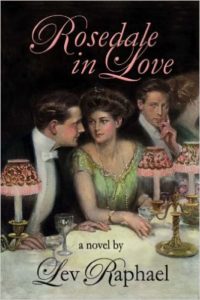
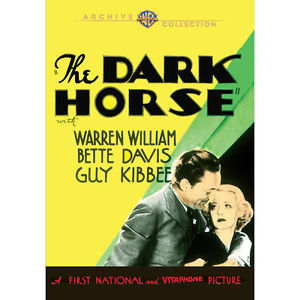
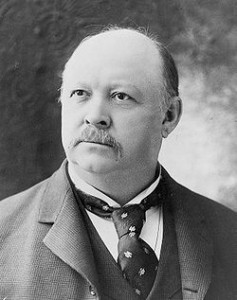
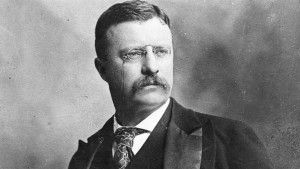



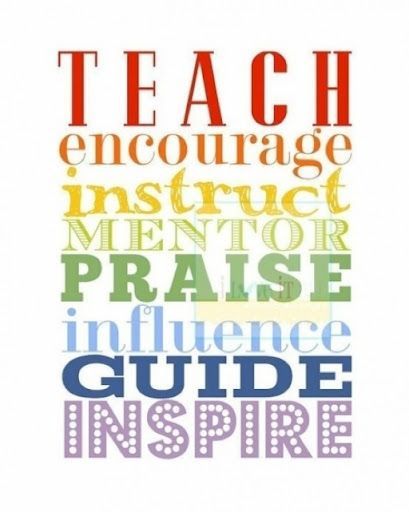
![[cover]](http://www.levraphael.com/images/cover_mygermany_152.jpg)
